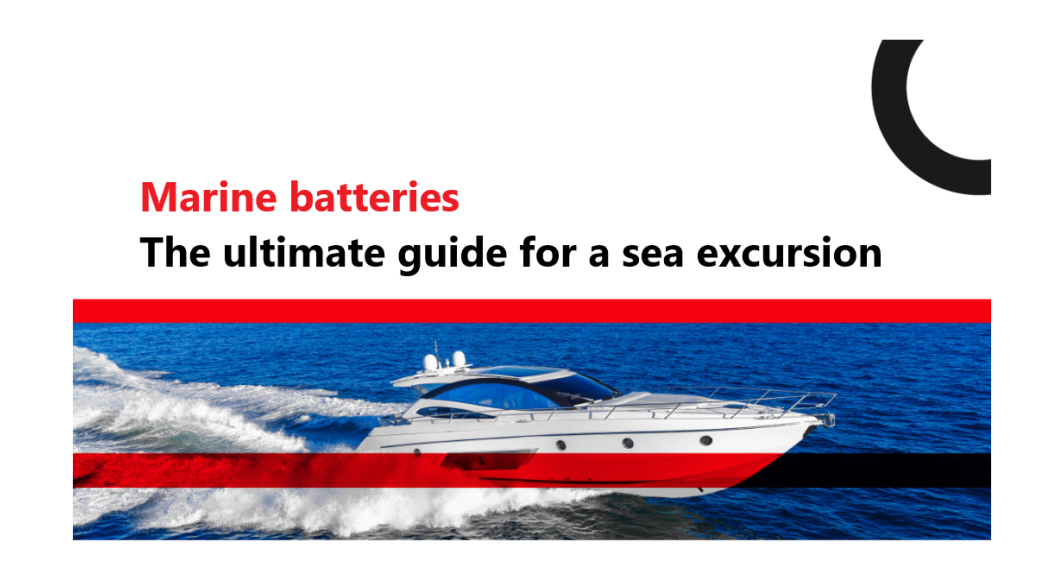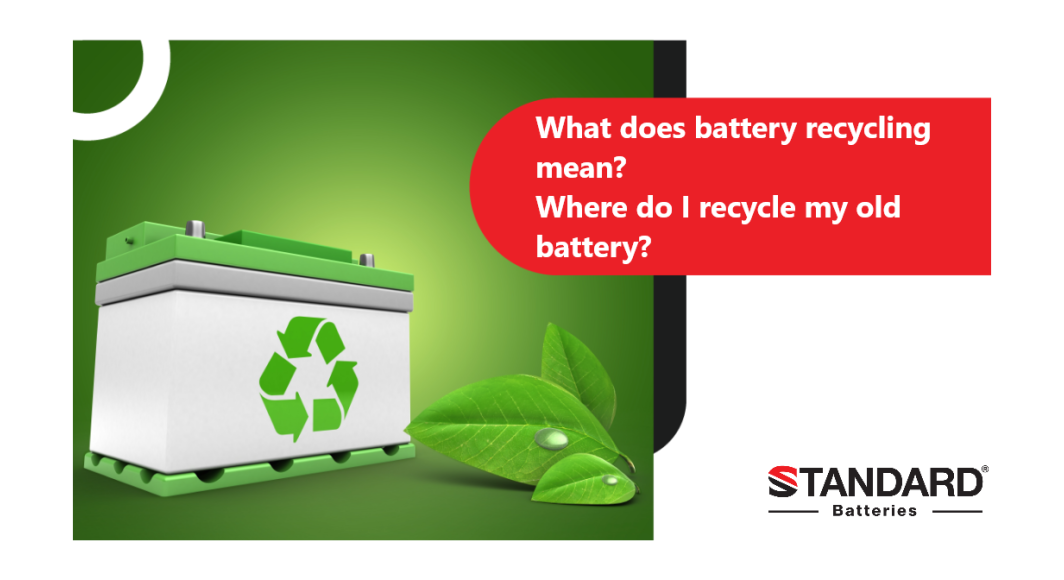
Marine batteries: The ultimate guide for a sea excursion
05 October 2023
Boat trips have become perhaps the most popular trend in recent summer seasons. The growing need for complete independence in the deep blue and green waters of our country due to the prevailing restrictive measures is now a given and not a demand.
However, in order to enjoy a fearless and carefree ride on the seas, there are some factors that are good to know about boat batteries.
Batteries suitable for boats fall into three categories:
1. Starter battery for internal combustion engines.
It is compatible with all types of boats equipped with outboard or inboard engines. Intended solely for the starting action of your boat.
2. Deep discharge and starting battery - dual use - for internal combustion engines.
It is used to start the engine but also as a provider of energy for electrical devices and lighting. Compatible with all types of boats equipped with outboard or inboard engines. It makes it an excellent choice for dual energy use with multiple energy requirements.
3. Deep discharge battery.
Deep discharge batteries are used as energy providers for electric vehicles, machines and devices, lighting and as back-up energy. The most ideal choice for applications that operate exclusively on battery or need back-up energy in the event of a power outage, responding to high energy requirements.
STANDARD has the following batteries for the corresponding categories mentioned above:
1. STANDARD MARINE & RV HIGH PERFORMANCE
2. STANDARD MARINE & RV HIGH PERFORMANCE DUAL PURPOSE
3. STANDARD RECHARGE
MARINE boat batteries are constructed in such a way that acid leakage is not possible due to sudden changes of inclination or vibrations of the boat. The differentiated manufacturing technique of these types of batteries make them resistant to longer and deeper discharges – a fact particularly important for boat owners or users.
Tips for the best handling of boat batteries:
1. Do not allow the battery to fully discharge, as destructive irreversible chemical reactions occur.
2. Do not overcharge the battery or charge it too fast.
3. Do not leave it uncharged for more than thirty days.
4. Keep the battery in a dry and clean place. Even though the battery case is made of insulating material, current leakage has been observed when in water/oils/grease. It is very important that the poles are always clean and protected.














